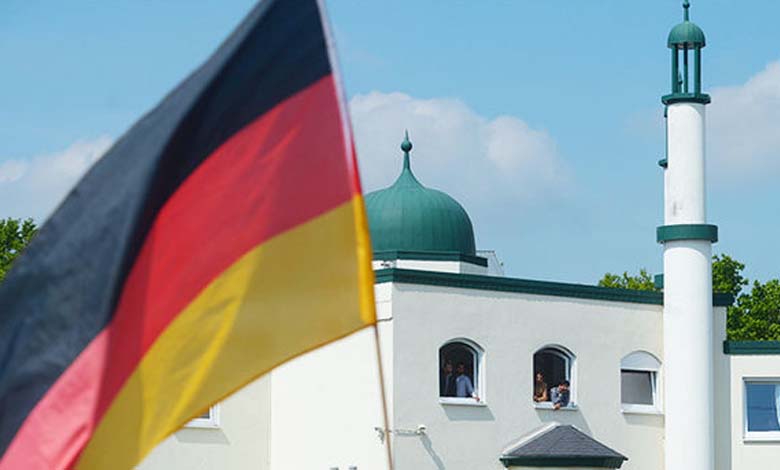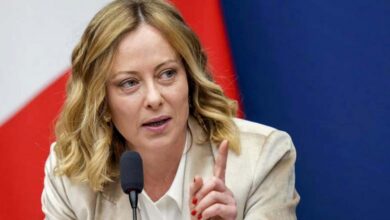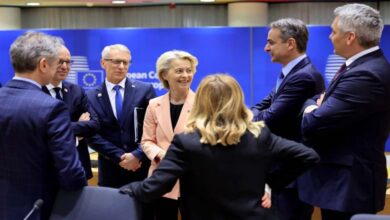How the German Parliament is Trying to Contain the Muslim Brotherhood

The German parliament will consider several legislative proposals against the Muslim Brotherhood in Germany in the near future.
In the past two weeks, the German parliament has referred three legislative proposals related to the Brotherhood and political Islam to the Committee on Internal Affairs for discussion and report, before holding a general debate and vote”.
The first proposal was submitted by the “Alternative for Germany” party (populist) on May 14, after weeks of controversy in Germany over the activities of Islamist organizations, especially the “Muslim Interaktiv” group, linked to the Liberation Party emerging from the Brotherhood, after the group organized a demonstration in Hamburg chanting “the caliphate is the solution”.
The draft resolution calls on the German government to “continue combating Islamist organizations in Germany continuously through further measures and bans”.
The second proposal, also submitted by the “Alternative for Germany” party, titled “Ban on the ‘Muslim Interaktiv’ group”, is also being discussed by the Foreign Affairs Committee in the German parliament.
The text of the proposal calls on the German government to ban “Muslim Interaktiv” for violating the constitutional order.
The proposal states that “Muslim Interaktiv” is an “extremist and radical Islamic organization, and its activities are directed against the free and democratic basic order”.
The third proposal was submitted by the “Christian Union” party (center-right), currently the most popular in the country.
It said: “Critical voices that have been warning for years about the spread of extremism in Germany have been systematically marginalized.”
The proposal adds: “Instead of continuing the work of the expert group on political Islam at the Federal Ministry of the Interior, Minister Nancy Faeser has allowed a policy of one-sided interests that culminated in what is called the report on hostility to Islam, in which all criticisms of current developments in the Islamist scene were rejected.”
The proposal continues, stating that “Germany falls far short in combating the financial support of terrorist and extremist organizations”.
The proposal also says: “Despite the Interior Minister announcing in February 2024 that she would present a bill to pursue and prevent financial flows to extremists, which would greatly facilitate combating political Islam in particular, as well as right-wing extremism, no bill has been presented so far.”
The proposal calls for the systematic ban of associations and organizations that seek to establish an Islamic system in Germany and to prevent their activities.
It should be noted that the majority of politicians and activists in Germany view political Islam as a threat to the values of freedom, a fertile environment for growing extremism, practicing terrorism, and spreading extremist ideas in societies.












